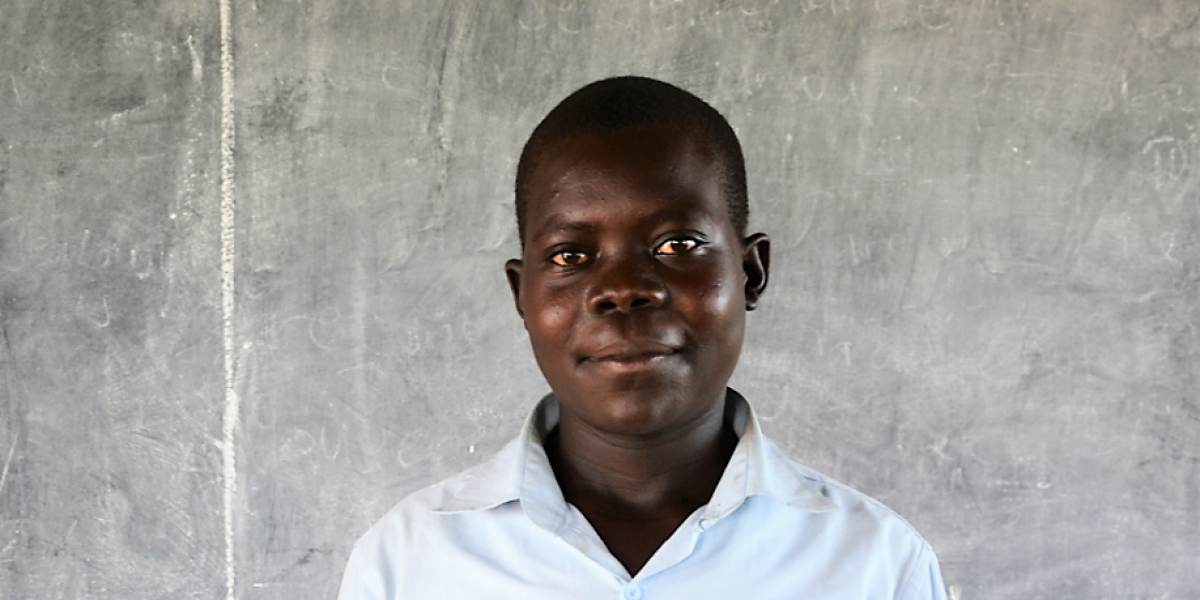Uganda: Without Education Society is Built on Sand
23 August 2018

A group of about 60, mostly young men and a handful of girls, are crowded in a makeshift classroom, their attention fixed to the front of the room. The classroom consists of a weather-beaten tarpaulin tent supported by thin wooden beams. Somehow someone managed to mount a medium sized blackboard on this structure, lending it an air of a legitimate learning space. Unfazed by this glaring lack of basic school necessities, the students carry on with the activities, which in this moment consist of transcribing the contents of the blackboard into their exercise books.
A few years ago, this classroom didn’t exist. There were no secondary schools for refugees in Pagirinya, the new sprawling refugee settlement in Adjumani district in northern Uganda. Although Uganda’s progressive refugee regime allows refugee children to attend any school anywhere in the country, most refugee parents could not afford the tuition fees. Many secondary school-age children were spending their days idle in the settlements. So, the parents and the community banded together to develop their own school.
With the local community contributing land and some support from NGOs, including JRS, the school is now up and running. The school currently has over 800 students and this number is expected to rise to about 1000 within the year because of the continued influx of refugees from South Sudan and the high demand for secondary education. “We are unable to take in more students because we do not have space,” says Geoffrey, the school’s deputy head-teacher. “But if we do not take them, where else will they go?”
18-year-old Joyce arrived in Uganda in 2016 from South Sudan and she has been enrolled in the school since last year. She feels fortunate to be in school and she hopes she can complete her secondary education here. Her determination to secure a better future for herself through education is unflinching. Her dream is to become a surgeon. “If I see others suffering, it really pains me,” she says, stressing the importance of studying hard and finishing her studies in order to “become a responsible person who can also care for others.”
To keep girls like Joyce in school, there is a need to engage with the cultural biases that underpin the exclusion of women. Success in this area, however, is likely to remain elusive unless these efforts are complemented with investments in education with a view to increasing access and improving quality. Without education these girls have a very limited future.
“If you drop out of school before you finish your studies, you will get a lot of suffering.” With this simple and yet indisputable piece of wisdom, Joyce sums it all up. Women’s empowerment is through education and, without it, society as a whole is built on sand.



